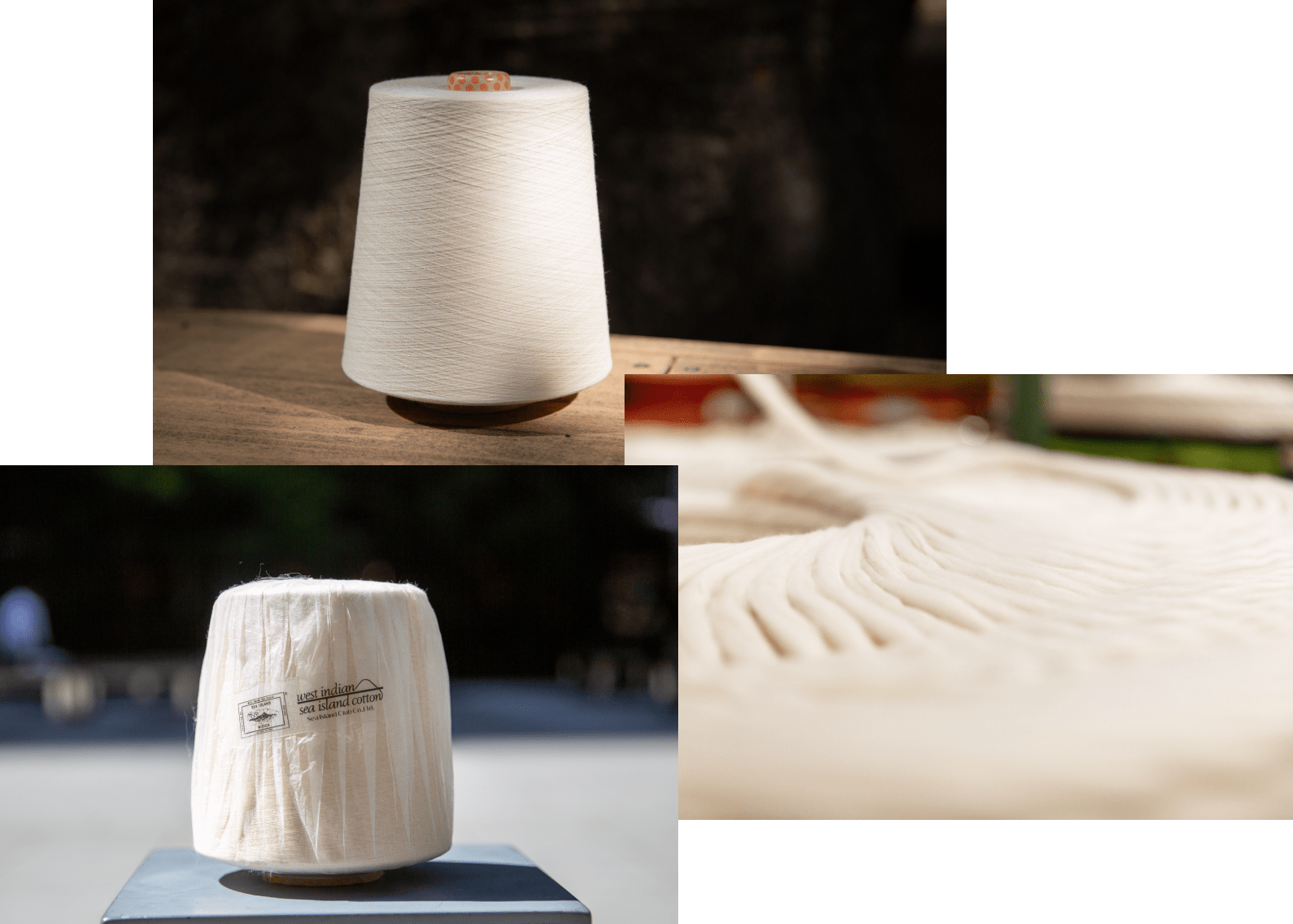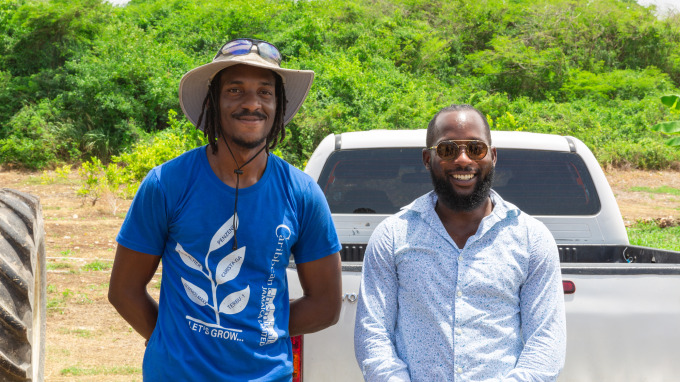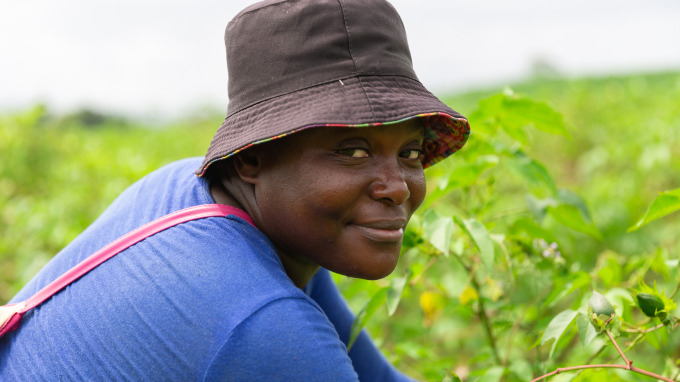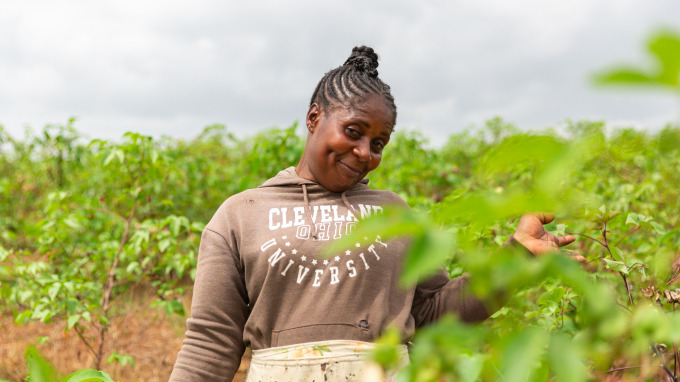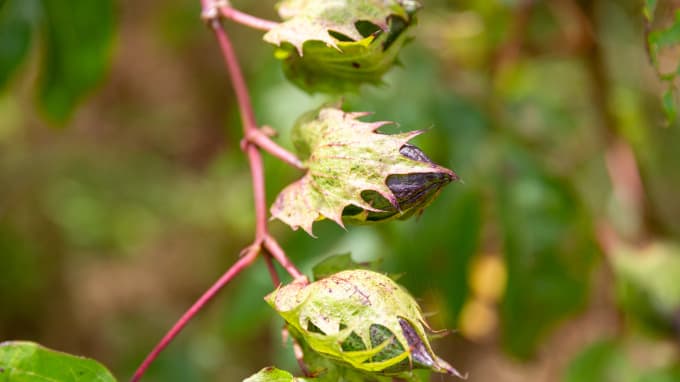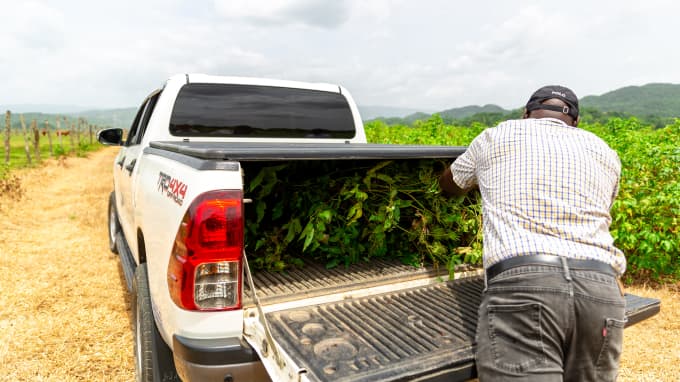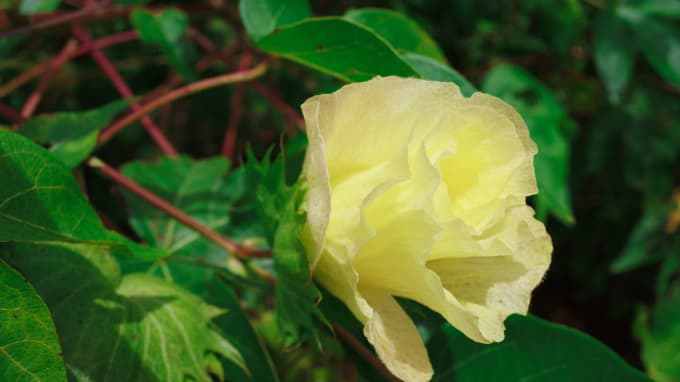West Indian
Sea Island Cotton
The "Jewel of Fibers"
Barbadense cotton was first introduced to the global market by Columbus, who arrived on a Caribbean island in 1492. Following the area's annexation by the British, the cultivation of this crop commenced, reaching its first peak in the 18th century. However, in the latter half of the 18th century, Barbadense began to be cultivated in the U.S., and its cultivation in the Caribbean islands declined temporarily when its production in the U.S. exploded under the name "Sea Island Cotton."The expansion of Sea Island cotton cultivation in the Caribbean did not resume until the early 20th century. This was due to the introduction of improved-quality seeds from the United States. Commercial cultivation of Sea Island cotton in the Caribbean resumed and evolved into the world's first branded cotton, "West Indian Sea Island Cotton," with the support of the Sea Island Cotton Association, established by the British government.
Following socioeconomic changes in the Caribbean, including independence from the United Kingdom, Jamaica is now the sole producer of West Indian Sea Island Cotton. We are engaged in the commercial cultivation of Sea Island cotton under a direct contract with farmers in collaboration with a local non-governmental organization. It is a premium product with full traceability and the face of the producer clearly visible.
With fair trade in mind

Why Handpicked?
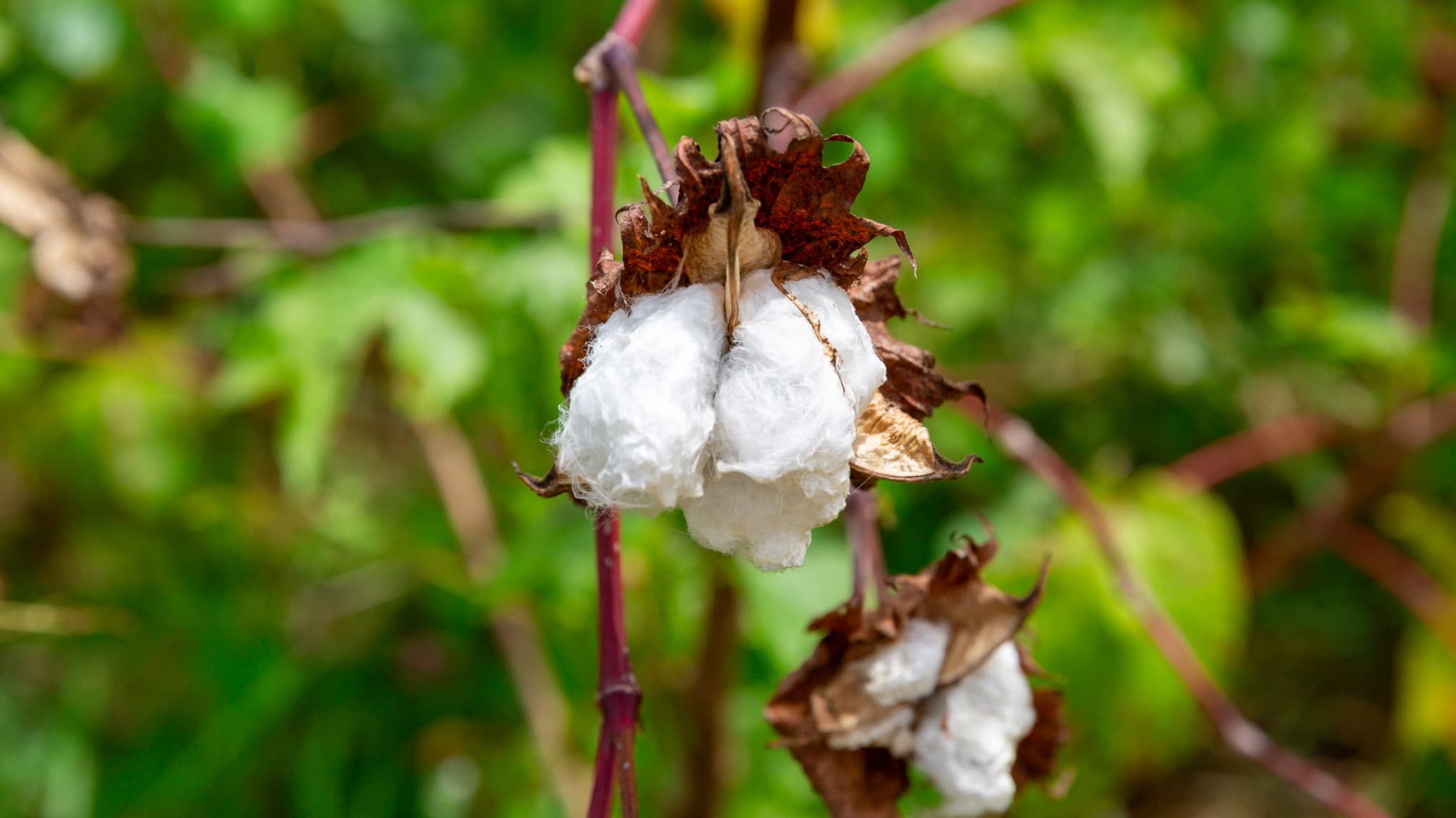
The cotton bolls mature and pop sequentially from the bottom of the cotton tree to the top. In Jamaica, the cotton bolls are harvested by hand to ensure that each mature boll is picked at the optimal time, in line with the growth of each individual tree.
Cultivation in Jamaica is also carried out in accordance with the annual cycle of wet and dry seasons. The irrigation water is sourced from rainfall. In recent years, there have been fluctuations in the timing of the start of the rainy season, which has had an impact on our production. We are working to stabilize production while supporting our farmers with a long-term perspective.
Initiatives with Local NPOs
The cultivation of Sea Island cotton in Jamaica has a long history, with multiple periods of production. The first instance was in the early 18th century, with a more recent resurgence in the 1990s.
The Jamaica Agricultural Development Foundation (JADF) was instrumental in the revival that began in 2014. This non-profit organization, established to diversify Jamaica's agriculture, which is heavily dominated by sugarcane, provides support to farmers as they work with new crops. It was instrumental in our 2013 trip to the region to work with farmers and remains a partner today.
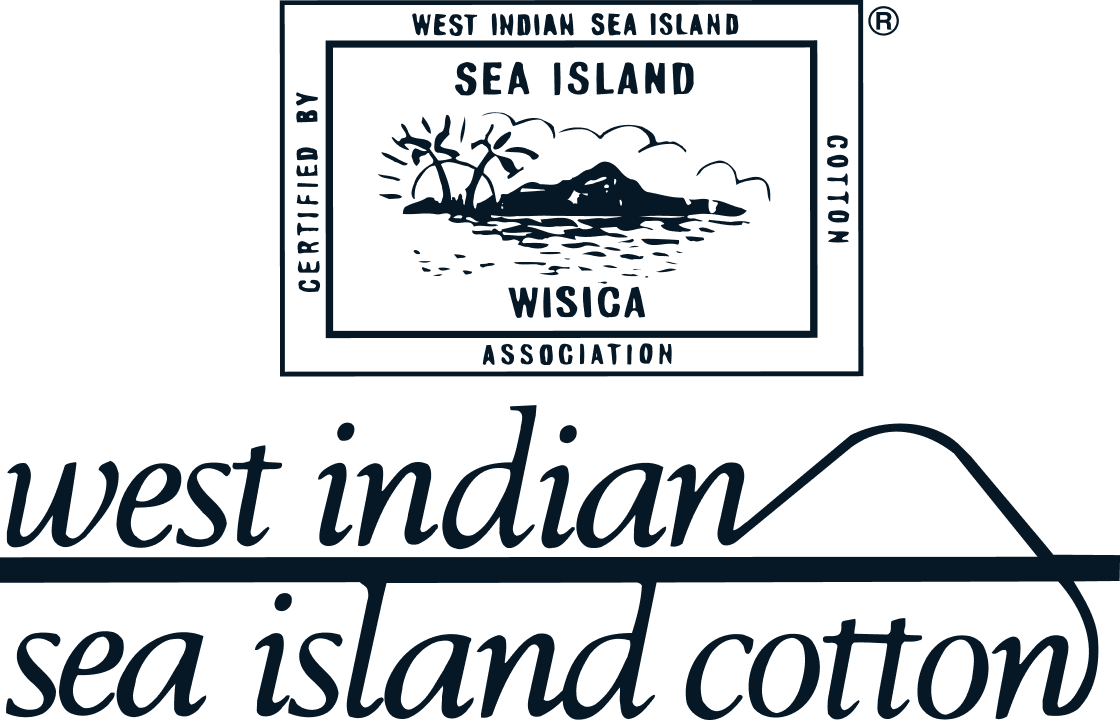
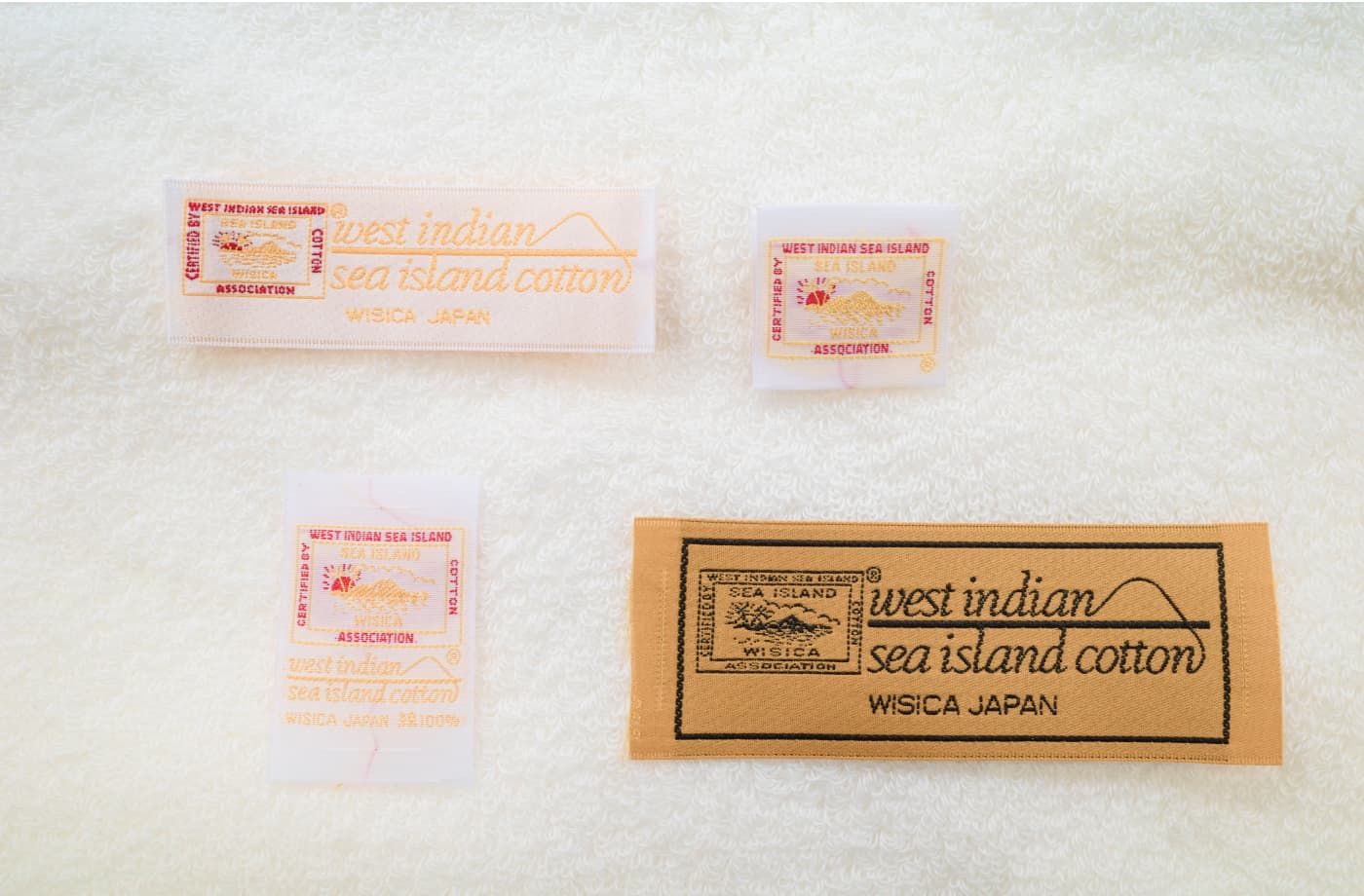
Following the establishment of the association, a logo was created to brand the product as "West Indian Sea Island Cotton." The logo, which depicts a Caribbean island and the sea, was registered as a trademark in England in 1935. It is still used today on products made from Sea Island cotton, featuring a holographic tag or woven name with the logo as a motif.
West Indian Sea Island Cotton Association
